
Find Help
More Items From Ergsy search
-

What should I do if I need help managing the tax affairs of the deceased?
Relevance: 100%
-

Is it necessary to complete a final tax return for the deceased?
Relevance: 63%
-
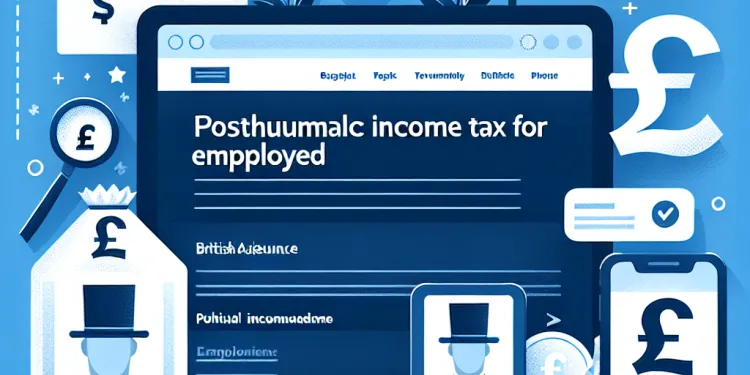
What happens to a deceased’s Income Tax if they were employed?
Relevance: 62%
-

Who is responsible for paying the deceased’s tax debts?
Relevance: 62%
-

Can the executor use the deceased's assets to pay tax debts?
Relevance: 54%
-

What taxes need to be paid from the deceased’s estate?
Relevance: 48%
-
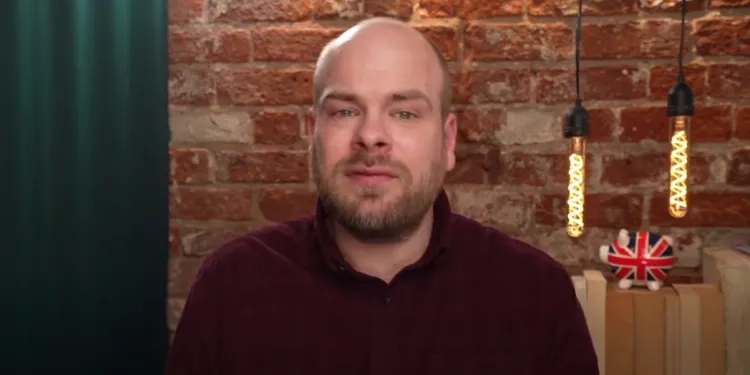
What Happens to Tax Debt After Death? (UK Laws)
Relevance: 47%
-

What is the role of an executor in handling tax debts?
Relevance: 45%
-
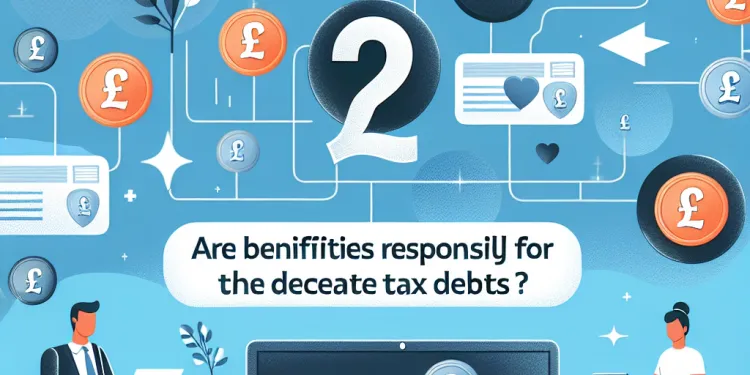
Are beneficiaries responsible for the deceased's tax debts?
Relevance: 44%
-

Do I need to inform HMRC about the death?
Relevance: 40%
-

How do I notify HMRC of someone’s death?
Relevance: 39%
-

What are the steps to manage tax affairs after someone dies?
Relevance: 38%
-

Is there a difference between inheritance tax and estate tax?
Relevance: 37%
-
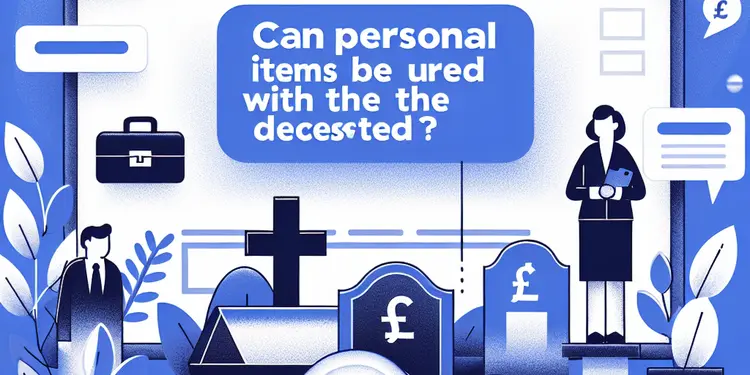
Can personal items be buried with the deceased?
Relevance: 37%
-

When is inheritance tax due?
Relevance: 35%
-
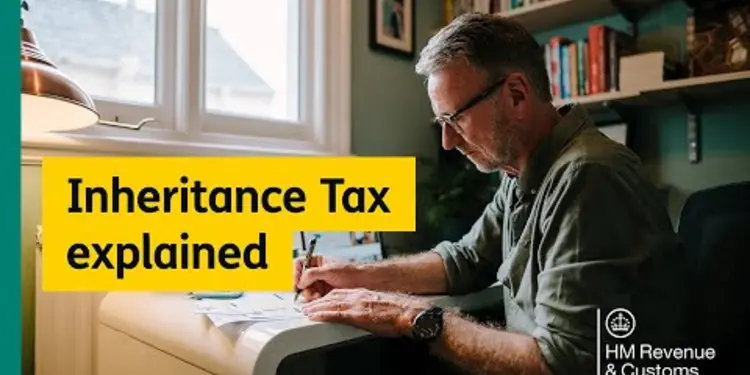
What is Inheritance Tax?
Relevance: 34%
-

Who is responsible for paying Inheritance Tax?
Relevance: 33%
-

What is inheritance tax in the UK?
Relevance: 32%
-

Do unpaid tax debts affect Inheritance Tax calculations?
Relevance: 32%
-
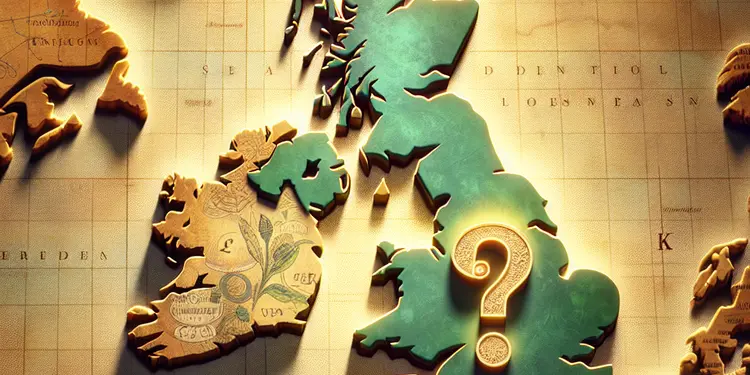
Which countries impose inheritance tax?
Relevance: 32%
-

What assets are subject to inheritance tax?
Relevance: 32%
-

What is Inheritance Tax?
Relevance: 31%
-
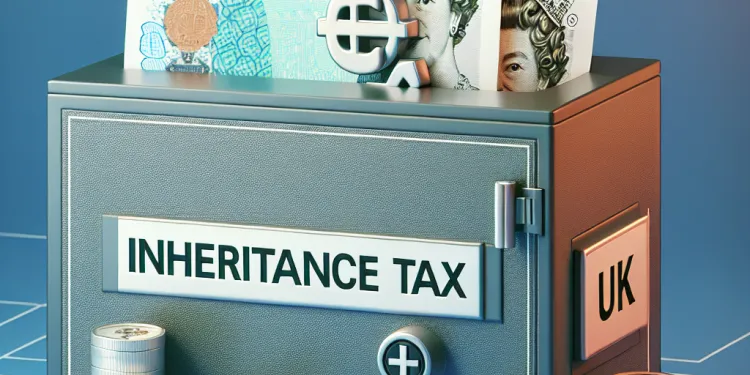
Where can I find more detailed information on inheritance tax?
Relevance: 31%
-
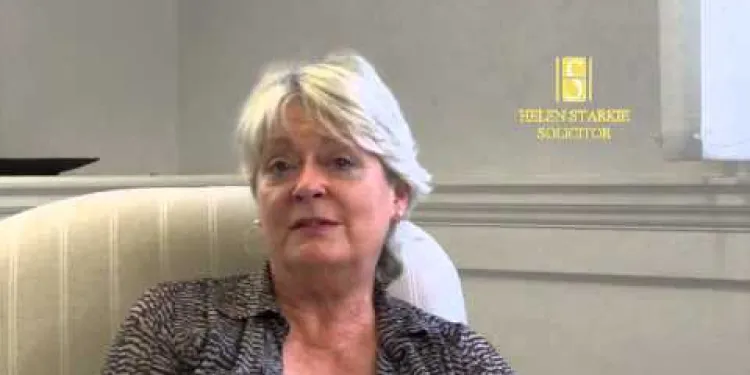
Wills, Probate and Tax Planning in the UK
Relevance: 31%
-

What is inheritance tax?
Relevance: 31%
-

Are there any other reliefs available from inheritance tax?
Relevance: 31%
-
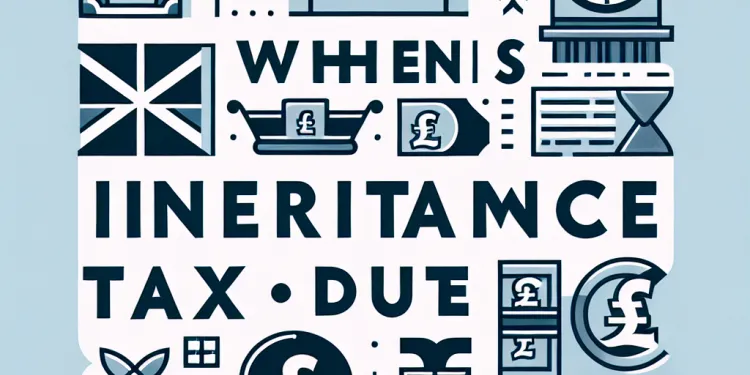
When is inheritance tax due to be paid?
Relevance: 31%
-

How do I value the estate for Inheritance Tax purposes?
Relevance: 30%
-

What is the process for paying inheritance tax?
Relevance: 30%
-

What forms do I need to complete for Inheritance Tax?
Relevance: 30%
-

Who pays the inheritance tax?
Relevance: 29%
-

How is the Inheritance Tax bill calculated?
Relevance: 29%
-
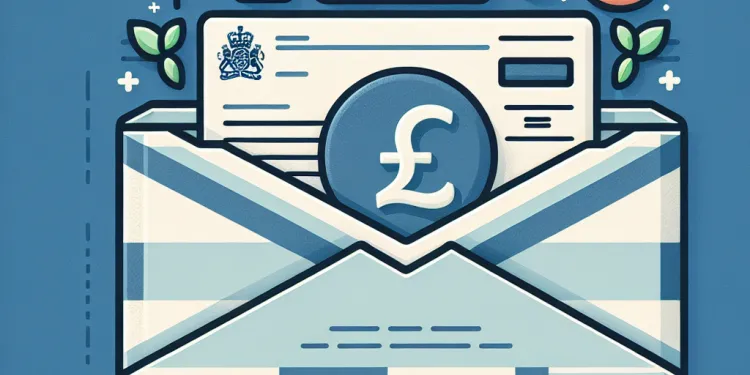
Is the tax refund amount taxable?
Relevance: 28%
-

Are life insurance payouts subject to Inheritance Tax?
Relevance: 28%
-
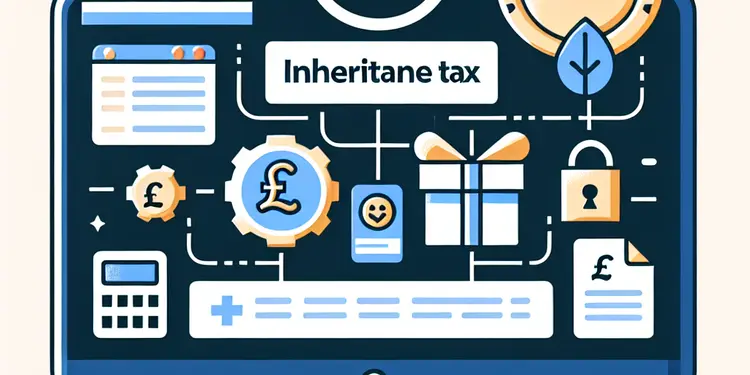
How does inheritance tax affect life insurance policies?
Relevance: 28%
-

How is inheritance tax calculated?
Relevance: 28%
-

What if I owe more than £30,000 in Self Assessment tax?
Relevance: 27%
-

Do I need an accountant to file a Self Assessment tax return?
Relevance: 27%
-
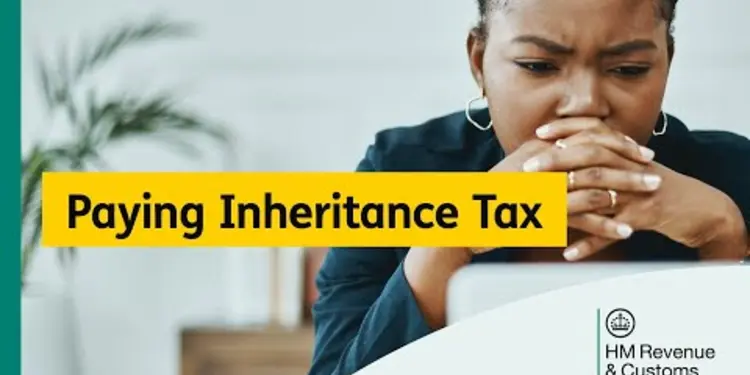
How and when do I pay Inheritance Tax when someone has died?
Relevance: 27%
-

How does inheritance tax apply to life insurance policies?
Relevance: 27%
Understanding Your Role as an Executor or Administrator
If you have been named as an executor of a will or appointed as an administrator without a will, you have the responsibility of handling the deceased's financial affairs, including taxes. This process can be complex and involves several steps to ensure that the deceased's estate is settled lawfully and efficiently. Understanding your duties is the first step in managing these responsibilities.
Notify the Relevant Authorities
The first action you should take is to inform the necessary authorities about the death. This includes registering the death and notifying HM Revenue and Customs (HMRC). You can use the 'Tell Us Once' service provided by the government, which lets you report the death to most government organizations in one go, streamlining the bureaucratic process.
Gather Necessary Documentation
To manage the deceased’s tax affairs, you will need to gather all pertinent financial documents. This includes bank statements, tax returns, payslips, investment records, and any other relevant documents. Having a comprehensive collection of these documents will help in accurately assessing any outstanding tax liabilities or refunds that may be due.
Determine If Inheritance Tax Is Applicable
Inheritance Tax (IHT) may be applicable if the estate’s value exceeds the threshold set by HMRC. As the executor or administrator, you need to calculate the estate's total value and determine whether it exceeds this threshold. Depending on the estate's complexity, you may need to fill out forms such as IHT205 or IHT400 to report the value to HMRC.
Handle Income Tax and Capital Gains Tax
Aside from inheritance tax, you also need to address the deceased's income and capital gains taxes up to the date of death. If the deceased was a taxpayer, you should file their final tax return. This might involve calculating any unpaid taxes or applying for a refund if they overpaid. In some cases, professional advice might be required, especially if the estate includes substantial investments or property.
Seek Professional Advice
Managing the tax affairs of a deceased person can be complex. Seeking advice from a solicitor, accountant or tax advisor who specializes in estate administration can be invaluable. These professionals can help you navigate the tax requirements, ensuring compliance with all obligations and guiding you through any legal challenges that might arise.
Submit Documentation and Resolve the Estate
Once all calculations are completed and taxes are duly paid, you will need to submit the necessary documentation to HMRC to finalize the process. Upon clearance, you can proceed with distributing the remaining assets in accordance with the will or the rules of intestacy if no will exists. The efficient and transparent handling of these affairs is crucial in ensuring fair and legal distribution.
Your Job as an Executor or Administrator
If you are named as an executor of a will or made an administrator when there is no will, you have to take care of the deceased person’s money matters, including taxes. This can be tricky and has many steps. It is important to know what you have to do to manage these tasks.
Tell the Right People
The first thing you need to do is tell the important people and organizations about the death. You need to register the death and tell HM Revenue and Customs (HMRC). You can use the 'Tell Us Once' service from the government, which helps you tell most government offices about the death at once. This makes it easier and faster.
Collect Important Papers
To handle the deceased person’s taxes, you need to gather all the important financial papers. This includes bank statements, tax returns, payslips, investment records, and other necessary documents. Having all these papers will help you figure out if there are any unpaid taxes or refunds.
Check for Inheritance Tax
Inheritance Tax (IHT) might be needed if the estate is worth more than what HMRC allows without tax. As an executor or administrator, you have to find out the total value of the estate and see if it is over the limit. You might need to fill out forms like IHT205 or IHT400 to tell HMRC about the estate’s value.
Deal with Income Tax and Capital Gains Tax
Besides inheritance tax, you also have to look at the deceased’s income and gains tax up to their death. If they paid tax, you should file their last tax return. This could mean working out any unpaid taxes or requesting a refund if they paid too much. Sometimes, you may need help from a professional, like an accountant, if the estate has big investments or property.
Ask for Professional Help
Managing a deceased person's taxes can be hard. Getting help from a solicitor, accountant, or tax advisor who knows about estate matters is very useful. These experts can help you understand what taxes you need to take care of and help with any legal issues that come up.
Send Papers and Settle the Estate
After you do all the calculations and pay the taxes, you will need to send the right papers to HMRC to finish the process. Once everything is clear, you can share out whatever is left according to the will or, if there is no will, according to the law. It is important to handle these tasks clearly and legally to ensure a fair distribution.
Frequently Asked Questions
What is the first step in managing the tax affairs of a deceased person?
The first step is to obtain the death certificate and determine if the deceased had a will, which might name an executor or personal representative to handle the tax matters.
Who is responsible for managing the deceased's tax affairs?
The executor or personal representative of the estate is responsible for managing the deceased's tax affairs.
Should I notify the tax authorities about the death?
Yes, you should notify the relevant tax authorities and provide them with a copy of the death certificate.
Do I need to file a final tax return for the deceased?
Yes, you must file a final tax return for the deceased, covering the period from the start of the tax year to the date of death.
What tax forms are needed for a deceased person's final return?
You will generally need to use the same tax forms the deceased used in life, such as Form 1040 or its equivalents, marked as 'deceased'.
How do I indicate on the tax return that the person is deceased?
On tax forms like Form 1040, write 'Deceased' and the date of death across the top of the return and include it in any relevant documentation.
What happens to the deceased's tax liabilities or refunds?
Any tax liability must be settled from the estate's assets. If there is a refund, it can be claimed by the estate, and specific forms may be needed for this, like Form 1310 in the US.
Are there specific deductions or credits available for the deceased?
The deceased may still qualify for tax deductions and credits up to the date of death; these should be considered when preparing the final tax return.
Do I need to pay estate taxes?
Whether estate taxes are due depends on the value of the estate and local tax laws. You may need to file an estate tax return if the estate exceeds certain thresholds.
How can I find out if there are outstanding taxes owed?
Review the deceased’s financial records and past tax returns, and contact the tax authorities for any outstanding tax notices or balances.
What if the deceased didn't file taxes previously?
As the executor, you should file any back taxes for previous years if the deceased failed to file, which may require assistance from a tax professional.
Can I get an extension for filing the deceased's final tax return?
Yes, you can apply for an extension using the appropriate forms, similar to if the person were alive.
Should I consult a tax advisor or attorney?
It is often advisable to consult with a tax advisor or estate attorney to ensure compliance with tax laws and proper handling of the estate's finances.
What if I make a mistake on the tax return?
If you discover a mistake, you should file an amended return using forms like the IRS Form 1040-X.
How do I handle tax documents and records?
Keep all records, including income statements, past tax returns, and bills, for at least several years, as they may be required for both filing and potential audits.
Do social security benefits affect the final tax return?
Social Security benefits received in the year of death should be considered when calculating taxes, as they may affect liability.
How does the tax year of the deceased differ from a calendar year?
The tax year for the deceased ends on the date of death, rather than December 31st.
What documents should I provide to the accountant or attorney?
You should provide documents like the death certificate, past tax returns, income statements, debt records, and any relevant correspondence from tax authorities.
Are there penalties for late filing the deceased's tax returns?
Penalties may apply if the final tax return is filed late, unless an extension has been granted.
How are outstanding taxes paid from the estate?
Outstanding taxes are paid from the estate before any distributions to heirs, and you may need to liquidate assets to cover tax liabilities.
What do you do first to handle taxes when someone has passed away?
When someone dies, their taxes still need to be taken care of. Follow these simple steps to help:
- Tell the tax office that the person has died. You can ask someone for help if it's hard.
- Use a calculator or ask a friend to help with adding up numbers if you need to.
- Make a list of what they owned, like money or a house.
- Find important papers about their taxes in folders or files.
- Ask for support from family or a helper if you feel stuck.
Remember, it's okay to ask for help. There are people and tools to support you.
First, you need to get the death certificate. Then, check if the person who died left a will. A will is a special paper that says what to do with their things. The will might also say who is in charge of looking after their money and taxes. This person is called an executor or personal representative.
Who takes care of the dead person's taxes?
The person who looks after the money and things of someone who has died is called the executor. The executor has to take care of the tax stuff of the person who died.
Do I need to tell the tax office if someone dies?
Yes, you should tell the tax office. You can ask for help from someone you trust, like a family member or a friend. They can help you find the right phone number or website to contact the tax office.
Yes, you need to tell the tax office. Give them a copy of the death certificate.
Do I need to fill out a last tax form for someone who died?
Yes, you need to do one last tax form for the person who has died. This form is for money made from the start of the year until they died.
What tax forms are needed for someone who has died?
When someone dies, there are still some tax forms that need to be filled out for them. These are the forms to show how much money they made before they died and how much tax they should pay.
These forms help make sure everything is sorted out with the tax office.
Sometimes it can be helpful to use tools like:
- Apps that explain tax forms.
- Videos that show how to fill out forms.
- A friend or family member who can help.
You will need to use the same tax forms the person used when they were alive. This could be Form 1040. Write 'deceased' on the form.
How to Show Someone Has Died on a Tax Form?
When filling out a tax form for someone who has died, write "Deceased" next to their name. You can use tools like a calendar to keep track of important dates while doing this. If you need more help, ask someone you trust or use picture-based guides.
On tax forms like Form 1040, write the word 'Deceased' and the date the person died at the top of the form. Include any important papers with it.
What happens to the tax money of someone who has died?
The money the estate owes for taxes should be paid with the estate's things. If the estate paid too much tax, it can get the extra money back. To do this, special papers might be needed, like Form 1310 in the US.
Here are some tips to help understand:
- Break down the information into small steps.
- Use pictures or drawings to see how it works.
- Ask someone you trust to explain tricky words.
- Use tools like text-to-speech to hear the words.
Can you get money back or pay less tax when someone has died?
When someone has died, they might still be able to get tax deductions and credits until the day they passed away. It’s important to think about these when doing their last tax return.
Do I have to pay estate taxes?
Estate taxes are a kind of money you might have to pay when someone dies and their things are passed on to someone else. Here is a simple guide to help you understand:
- Asking for Help: It can be a good idea to ask a grown-up or a professional who knows about taxes for help.
- Online Calculators: Use online tools to see if estate taxes apply to you.
- Easy Examples: Look for examples or stories that explain which estates need to pay taxes.
If the estate (the things a person leaves behind) is very big, then taxes might need to be paid. But, not all estates have to pay these taxes. It all depends on the value of what is left behind.
Remember, it's okay to ask for help if you're not sure!
If someone dies and leaves money or things, there might be a tax on it. The rules about this depend on how much the stuff is worth and local laws. If the value is high, you might need to fill out a tax form.
How can I check if I still need to pay any taxes?
Here are some simple steps:
- Look at letters from the tax office. They might say if you owe taxes.
- Use online tax accounts where you can see what you need to pay.
- Ask someone at the tax office or call them for help.
- Use a calculator tool online to help you check your taxes.
Taking these steps can help you find out if you still need to pay any taxes.
Look at the person’s money papers and old tax forms. You can also talk to the tax office to check if they owe any taxes.
What if the person who died didn't do taxes before?
If you are in charge and need to do things after someone has died, you should check if they missed paying any taxes in past years. If they did, you should file those taxes. This might be tricky, so you can ask a tax expert for help.
Can I have more time to send the final tax forms for someone who has died?
Yes, you can ask for more time. You need to use the right forms, just like you would if the person was still alive.
Who can help me with taxes?
Do you need help with your taxes? You can ask a tax advisor or an attorney.
A tax advisor knows all about taxes. They can explain how to pay less tax and follow the rules.
An attorney is a lawyer. They can help with legal questions and problems.
You can use tools that explain taxes in simple words or ask someone you trust for help.
It is a good idea to talk to a tax expert or a lawyer who works with money. They can help you follow the money rules and take care of the estate's money the right way.
What if I make a mistake on my tax form?
If you make a mistake on your tax form, don't worry. You can fix it. Here is how:
- Find out what needs to be corrected.
- Fill out the right form to make a change.
- Send the new form to the tax office.
It might be good to ask someone for help, like a family member or a friend. You can also use a calculator to help with numbers. Taking your time can help you avoid mistakes.
If you find a mistake, you should fill out a new form to fix it. You can use a form called IRS Form 1040-X to do this.
Here’s some tips to help you:
- Ask for Help: You can talk to a tax expert or someone good with forms.
- Use a Calculator: A calculator can help you check your numbers.
- Take Your Time: Go slowly and read each part carefully.
How do I take care of tax papers?
It is important to keep your tax papers safe and organized.
Here are some easy steps you can follow:
- Keep: Save all your tax papers in a safe place.
- Sort: Put similar papers together, like putting "bills" in one pile and "pay papers" in another.
- Label: Write labels on folders, like "2019 Papers" or "Important Papers."
- Check: Look at your papers once in a while to make sure everything is there.
If you need help, you can ask a friend or family member. You can also find apps or websites to help you organize your papers.
Keep all papers about money, like what you earn, old tax forms, and bills, for a few years. You might need them for taxes or if someone checks your money papers.
If reading is hard, you can use tools that read out loud to help. A helper or friend can also support you when you organize your papers.
Do social security benefits change the tax return?
Social security benefits are money the government gives to people to help them live. At the end of the year, you have to tell the government about your money. This is called a tax return.
Sometimes, the money you get from social security can make your tax return different. This means you might have to pay more or less money to the government at the end of the year.
If you find it hard to understand your tax return, you can:
- Ask someone you trust to help you.
- Use a calculator to help with numbers.
- Look for easy-to-read guides or videos online.
- Speak to a tax advisor for advice.
When someone dies, the money they got from Social Security that year needs to be checked for taxes. This might change how much tax is owed.
What is different about the tax year of someone who has died and a normal calendar year?
The tax year for someone who has died is not the same as a calendar year. A calendar year goes from January 1 to December 31. But a tax year for someone who has died might be different. You might need help to understand this.
Here are some things that can help you:
- Ask a grown-up or a friend to explain it to you.
- Look for videos or pictures online that talk about tax years.
- Use a calendar to see the difference between a tax year and a calendar year.
The tax year for someone who has died stops the day they die. It does not go until December 31st.
What papers do I need to give to the accountant or lawyer?
When you see an accountant or lawyer, you need to bring some papers with you. These papers help them understand your needs. Here are some examples:
- Money Papers: This could be bank statements or pay slips showing how much money you have.
- Tax Papers: Bring forms that show the taxes you have paid, like tax returns.
- Important Agreements: Any contracts or deals you have signed.
- Personal Identification: A driver’s license or passport that proves who you are.
If you find it hard to get these papers together, ask a family member or friend for help. You can also use a checklist to make sure you have everything you need.
You need to give some important papers. These are:
- The paper that says someone has died. It is called a death certificate.
- Old papers that show how much tax was paid before. These are called past tax returns.
- Papers that show how much money was earned. These are called income statements.
- Papers that show if any money is owed. These are called debt records.
- Any letters from the tax people.
If it's hard to read these papers, ask someone you trust to help you. You can also use tools like text readers on the computer that can read the words out loud for you.
What happens if you send the taxes late for someone who has died?
You might get a penalty if you send in your last tax form late. But if you get more time, it's okay.
How do you pay taxes owed from someone's money after they die?
Before money or things are given to family members, any taxes that are owed must be paid using the person's belongings or money. You might need to sell things to get the money to pay these taxes.
Useful Links
Have you found an error, or do you have a link or some information you would like to share? Please let us know using the form below.
-->
This website offers general information and is not a substitute for professional advice.
Always seek guidance from qualified professionals.
If you have any medical concerns or need urgent help, contact a healthcare professional or emergency services immediately.
Some of this content was generated with AI assistance. We’ve done our best to keep it accurate, helpful, and human-friendly.
- Ergsy carfully checks the information in the videos we provide here.
- Videos shown by Youtube after a video has completed, have NOT been reviewed by ERGSY.
- To view, click the arrow in centre of video.
- Most of the videos you find here will have subtitles and/or closed captions available.
- You may need to turn these on, and choose your preferred language.
- Go to the video you'd like to watch.
- If closed captions (CC) are available, settings will be visible on the bottom right of the video player.
- To turn on Captions, click settings .
- To turn off Captions, click settings again.
More Items From Ergsy search
-

What should I do if I need help managing the tax affairs of the deceased?
Relevance: 100%
-

Is it necessary to complete a final tax return for the deceased?
Relevance: 63%
-

What happens to a deceased’s Income Tax if they were employed?
Relevance: 62%
-

Who is responsible for paying the deceased’s tax debts?
Relevance: 62%
-

Can the executor use the deceased's assets to pay tax debts?
Relevance: 54%
-

What taxes need to be paid from the deceased’s estate?
Relevance: 48%
-

What Happens to Tax Debt After Death? (UK Laws)
Relevance: 47%
-

What is the role of an executor in handling tax debts?
Relevance: 45%
-

Are beneficiaries responsible for the deceased's tax debts?
Relevance: 44%
-

Do I need to inform HMRC about the death?
Relevance: 40%
-

How do I notify HMRC of someone’s death?
Relevance: 39%
-

What are the steps to manage tax affairs after someone dies?
Relevance: 38%
-

Is there a difference between inheritance tax and estate tax?
Relevance: 37%
-

Can personal items be buried with the deceased?
Relevance: 37%
-

When is inheritance tax due?
Relevance: 35%
-

What is Inheritance Tax?
Relevance: 34%
-

Who is responsible for paying Inheritance Tax?
Relevance: 33%
-

What is inheritance tax in the UK?
Relevance: 32%
-

Do unpaid tax debts affect Inheritance Tax calculations?
Relevance: 32%
-

Which countries impose inheritance tax?
Relevance: 32%
-

What assets are subject to inheritance tax?
Relevance: 32%
-

What is Inheritance Tax?
Relevance: 31%
-

Where can I find more detailed information on inheritance tax?
Relevance: 31%
-

Wills, Probate and Tax Planning in the UK
Relevance: 31%
-

What is inheritance tax?
Relevance: 31%
-

Are there any other reliefs available from inheritance tax?
Relevance: 31%
-

When is inheritance tax due to be paid?
Relevance: 31%
-

How do I value the estate for Inheritance Tax purposes?
Relevance: 30%
-

What is the process for paying inheritance tax?
Relevance: 30%
-

What forms do I need to complete for Inheritance Tax?
Relevance: 30%
-

Who pays the inheritance tax?
Relevance: 29%
-

How is the Inheritance Tax bill calculated?
Relevance: 29%
-

Is the tax refund amount taxable?
Relevance: 28%
-

Are life insurance payouts subject to Inheritance Tax?
Relevance: 28%
-

How does inheritance tax affect life insurance policies?
Relevance: 28%
-

How is inheritance tax calculated?
Relevance: 28%
-

What if I owe more than £30,000 in Self Assessment tax?
Relevance: 27%
-

Do I need an accountant to file a Self Assessment tax return?
Relevance: 27%
-

How and when do I pay Inheritance Tax when someone has died?
Relevance: 27%
-

How does inheritance tax apply to life insurance policies?
Relevance: 27%


